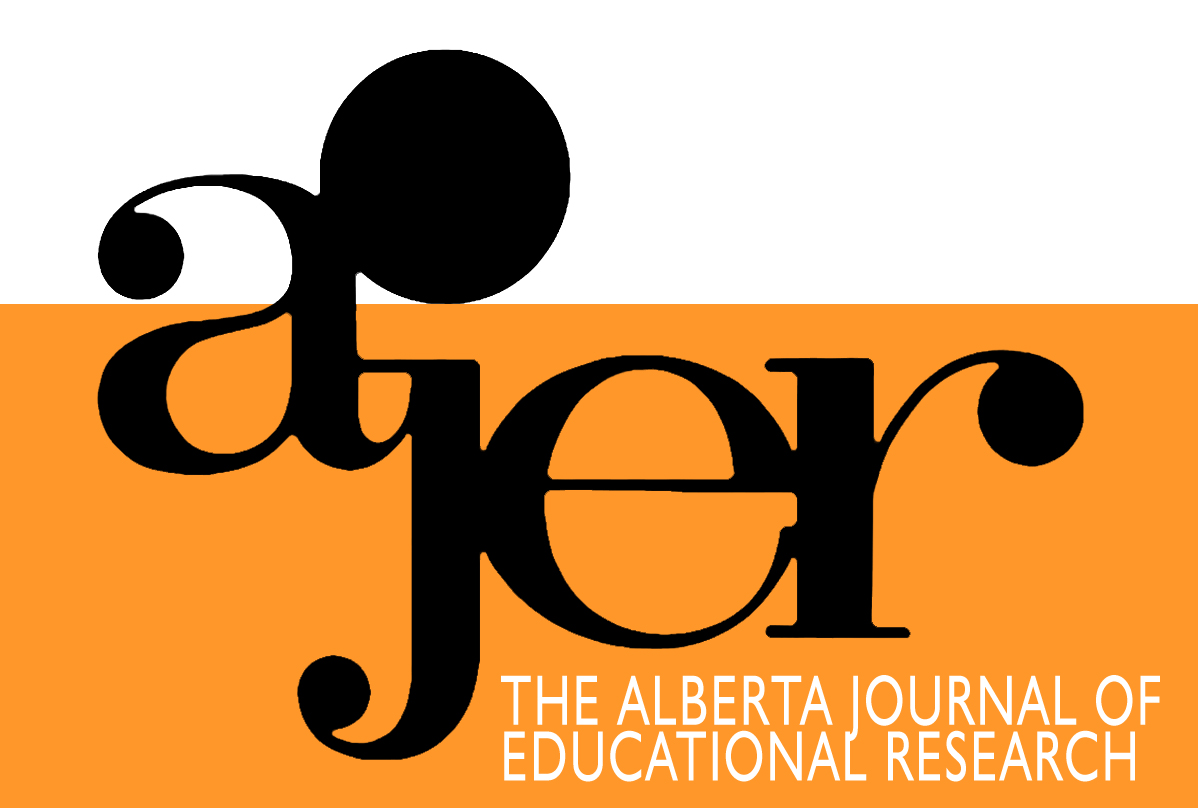Single-Sex schooling at an Elite Independent School: A Multi-Methods Case Study
DOI:
https://doi.org/10.55016/ojs/ajer.v70i1.76625Abstract
This article focuses upon the milieu of single-sex schooling within an elite independent school in a Canadian urban centre. This research served as an exploratory and critical examination of single-sex schooling in a specific context, and considered its relevance, pedagogical effectiveness, and ability to meet its purported goals. Using an interpretative methodological framework, and employing a multi-methods case study design, the purpose of this research was to investigate the strengths, limitations, and possibilities of single-sex schooling in a particular educational context as informed by its students, parents of students, graduates, and teachers. We found little evidence to support the idea that single-sex schooling overwhelmingly impacted student academic or social development. Implications for practice at schools offering single-sex schooling are addressed and focus upon the importance of gender-inclusive schooling; the school as the key, rather than the school’s single-sex classes; and addressing boys’ behaviour.
Key words: single-sex, gender, schooling, independent school, private school
Cet article se penche sur un milieu de scolarisation non mixte au sein d’une école privée élitiste d’un centre urbain canadien. Cette recherche a permis d’examiner de façon exploratoire et critique la scolarisation non mixte dans un contexte précis, ainsi que sa pertinence, son efficacité pédagogique et sa capacité à atteindre les objectifs escomptés. Par l’utilisation d’un cadre méthodologique interprétatif et le recours à une étude de cas multimodale, cette recherche poursuivait l’objectif d’examiner les forces, les limites et les possibilités de l’enseignement en milieu non mixte, dans un contexte éducatif particulier, comme le décrivent les élèves, leurs parents, les diplômés et les enseignants. À la suite de cet examen, peu de preuves viennent soutenir l’idée que la scolarisation en milieu non mixte a un impact considérable sur le développement scolaire et social des élèves. L’article traite des implications pour la pratique dans les écoles offrant une scolarisation non mixte et se concentre sur l’importance d’une scolarisation inclusive des genres, sur l’école comme étant la clé plutôt que les classes non mixtes, et à considérer le comportement des garçons.
Mots clés : non mixte, genre, scolarisation, école indépendante, école privée
Downloads
Published
Issue
Section
License
UNIVERSITY OF ALBERTA COPYRIGHT LICENSE AND PUBLICATION AGREEMENT
If accepted, authors will be asked to sign a copyright agreement with the following points:
A. Where there is any inconsistency between this Copyright License and Publication Agreement and any other document or agreement in relation to the same subject matter, the terms of this Agreement shall govern.
B. This document sets out the rights you are granting in relation to publication of your article, book review, or research note entitled (the “Article”) through inclusion in the academic journal titled Alberta Journal of Educational Research (the “Journal”) published through the Faculty of Education, representing the Governors of the University of Alberta (the “Journal Editor”).
C. There will be no payment to you for this publication and grant of rights. In consideration of the agreement to publish the Article in the Journal:
1. You are warranting that:
- the content of the Article is your original work, and its content does not contain any material infringing the copyright of others; or, where the Article is not entirely your original work, you have obtained all necessary permissions in writing to grant the rights you are giving in this agreement;
- the content of the Article does not contain any material that is defamatory of, or violates the privacy rights of, or discloses the confidential information of, any other person;
- the Article has not been published elsewhere in whole or in part, and you will not allow publication of the Article elsewhere without the consent of the Journal Editor;
- the names of all co-authors and contributors to the Article are:
2. You agree to license the copyright in the Article to the Journal Editor, on a worldwide, perpetual, royalty free basis; and to the extent required by the terms of this agreement. You shall retain the right at all times to be acknowledged as the/an author of the Article.
3. You further agree that the Journal Editor has the entitlement to deal with the Article as the Journal Editor sees fit, and including in the following manner;
- The right to print, publish, market, communicate and distribute the Article and the Journal, in this and any subsequent editions, in all media (including electronic media), in all languages, and in all territories, ing the full term of copyright, and including any form of the Article separated from the Journal, such as in a database, abstract, offprint, translation or otherwise, and to authorize third parties to do so;
- The right to register copyright of the Journal;
- The right to edit the Article, to conform to editorial policy as the Journal Editor sees fit.
4. If any co-author or contributor to the Article does not sign this agreement, the Journal Editor reserves the right to refuse to publish the Article.



